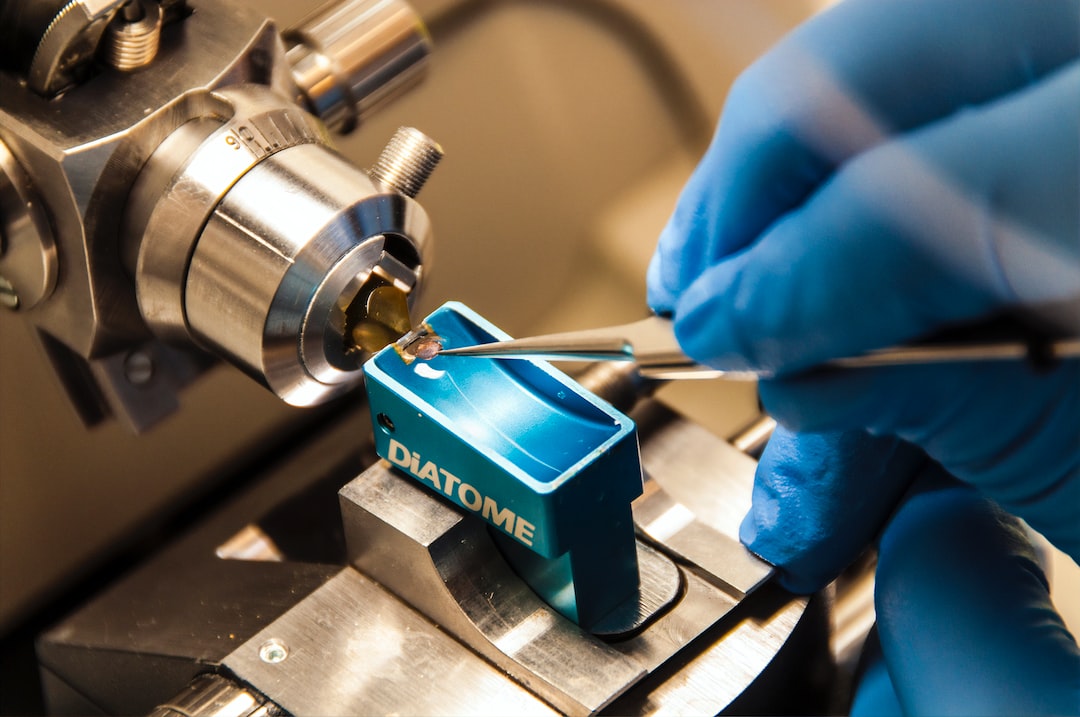The Impact of Biometric Authentication in Security Systems
In today’s digital age, security has become a primary concern for individuals and organizations alike. With the ever-increasing threat of cybercrime, traditional methods of authentication, such as passwords or PINs, are no longer sufficient. As a result, biometric authentication has emerged as a game-changer in the realm of security systems. By utilizing unique physical and behavioral characteristics, biometric authentication provides an unparalleled level of security. In this blog post, we will explore the impact of biometric authentication in security systems and discuss its benefits and potential challenges.
Biometric authentication refers to the process of identifying and verifying an individual’s identity based on their unique physiological or behavioral traits. This can include fingerprint recognition, iris scanning, voice recognition, facial recognition, and even keystroke dynamics. Unlike traditional authentication methods, biometric authentication is based on something that is inherently unique to each individual, making it extremely difficult to replicate or forge.
One of the primary benefits of biometric authentication is its enhanced level of security. Unlike passwords or PINs, which can be easily forgotten, stolen, or hacked, biometric traits are significantly more difficult to duplicate. For instance, while someone may be able to guess or crack a password, it would be nearly impossible for them to recreate someone’s fingerprint or iris pattern. This makes biometric authentication a highly secure way to protect sensitive data and restrict access to authorized individuals.
Another significant advantage of biometric authentication is its convenience and efficiency. With traditional methods, individuals often have to remember multiple passwords or carry around various access cards. This can be not only inconvenient but also time-consuming. Biometric authentication eliminates the need for such cumbersome processes by allowing users to simply present their unique biometric traits. In a world where time is of the essence, this streamlined authentication process can significantly enhance productivity and save valuable resources.
Moreover, biometric authentication provides a seamless user experience by eliminating the need for physical tokens or identification cards. This is particularly beneficial in industries where security is of utmost importance, such as aviation or healthcare. For example, airports can implement biometric systems to enhance passenger screening processes, reducing the need for manual identification checks. Similarly, healthcare providers can use biometric authentication to ensure secure access to patient records, minimizing the risk of data breaches.
However, despite its numerous advantages, biometric authentication is not without its challenges. One of the primary concerns surrounding biometric authentication is privacy and data protection. As biometric traits are deeply personal and unique, there is a risk of misuse or unauthorized access to this sensitive information. Therefore, it is crucial for organizations implementing biometric systems to have robust data protection measures in place, such as encryption and secure storage.
Additionally, there is a potential for false positives or false negatives in biometric authentication systems. False positives occur when the system incorrectly accepts an unauthorized individual, while false negatives happen when the system rejects a legitimate user. These errors can occur due to environmental factors, changes in physical appearance, or technical glitches. To mitigate such risks, it is essential to invest in advanced biometric systems that have high accuracy rates and are regularly updated to address emerging challenges.
In conclusion, biometric authentication is revolutionizing security systems by providing an unprecedented level of security, convenience, and efficiency. By leveraging unique physical and behavioral characteristics, biometric authentication eliminates the vulnerabilities associated with traditional methods and enhances overall data protection. However, organizations must remain vigilant in ensuring privacy and data protection and addressing potential challenges, such as false positives or negatives. As technology continues to evolve, biometric authentication is poised to play an increasingly integral role in safeguarding our digital world.
